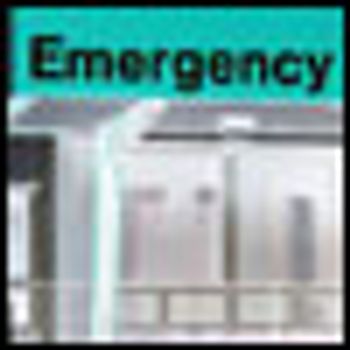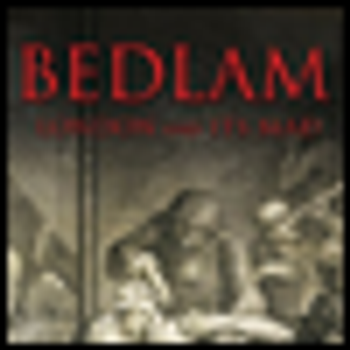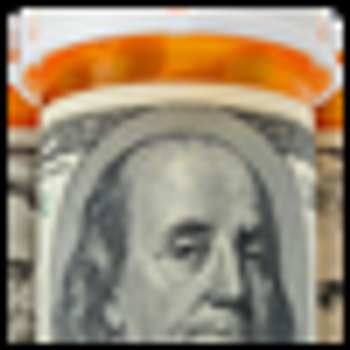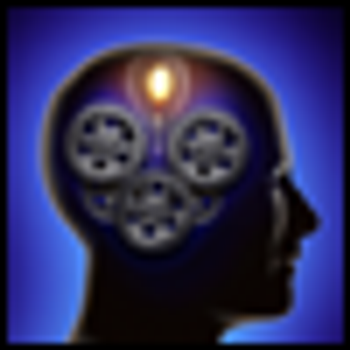
A shortage of inpatient beds and staff at mental health facilities may mean that a patient presenting to an emergency department may be there for an extended period of time.

A shortage of inpatient beds and staff at mental health facilities may mean that a patient presenting to an emergency department may be there for an extended period of time.

The recent mass murders in Arizona are the latest in our country's epidemic of horrible, hate inspired crimes. The 24/7 media punditry and political spinning has been disappointingly off point in a way suggesting that once again we will learn nothing from our mistakes and that such tragedies will continue to recur with distressing frequency.

In this blog, Dr Pols reviews The Politics of War Trauma: The Aftermath of World War II in Eleven European Countries, by Jolande Withuis and Annet Mooij (eds).

Should malingering be considered more likely than factitious disorder when a patient exhibits pseudologia fantastica? What condition persists for longer than 3 months, accompanies a disease process, and is associated with a bodily injury that has not resolved over time? These questions and more in this interactive quiz.

I’ve been deeply worried about corruption and greed in psychiatry for a long time. In reading the new book from Wendell Potter, formerly head of public relations at CIGNA, my worry has escalated into panic anxiety. Before discussing Potter’s work, let me review some of the widespread greed-related corruption of recent years.

As a practicing psychiatrist, you probably encounter a range of ethical dilemmas in your daily practice.


The Arizona Psychiatric Society and the American Psychiatric Association joined together to remember the victims of the Tuscon tragedy. The shooting left 6 dead and 14 others wounded, including US Rep Gabrielle Giffords, who lies in a medically induced coma recovering from a gunshot wound to the head.

Violence by patients towards staff members is an inherently complex matter for the physically and/or psychologically injured person. An expert in the field of forensic psychiatry answers a reader's question about what clinicians can do in the aftermath of an assault.

As expected from an Oxbridge graduate, author Catharine Arnold’s Bedlam: London and Its Mad is a well-written and very readable book. “This book is for all whose lives are touched by madness” is a laudable objective.

Psychiatrists face some unappetizing developments with regard to Medicare fees starting January 1, 2011. The terms of the new benefits are not nearly as specific as mental health groups pressed for.

Last week, I had a brief, but heated debate with a friend who is on the DSM-5 Task Force. He is strongly supporting a proposed new diagnosis for DSM-5 that I oppose just as strongly.

The treatment of incest victims is often painful and difficult. With patience, the vast majority of those who have experienced incest can experience considerable improvement and enjoy an enhanced quality of life without succumbing to repeated victimization.

The New York Times of Dec 20,2010 carried an alarming story. It seems that during the past decade, college students have suddenly become much more mentally ill.

Erroneous conclusions, and medical harm, can come from accepting any hypothesis uncritically, and growing evidence indicates that treatments based on disorder hypotheses for depression do cause harm.

Recently, the Substance Use Disorder Work group of the DSM-5 announced the inclusion of “craving” in the diagnostic criteria for all substance use disorders despite its lack of empirical support from the very analyses conducted by that Workgroup. In addition, no detailed literature review supports the decision to make “craving” a core symptom of Substance Use Disorder syndromes.

ABMS has responded to society’s demand for action to ensure the sustained competence of America’s physicians when they are in unsupervised practice and to ensure that clinicians provide quality care.

Recently, NARSAD presented its achievement awards for 2010-awards given to physicians and scientists doing cutting-edge work to better understand the mechanisms and causes of mental illness.

Forensic psychiatrists expressed near-unanimous opposition to 3 controversial new sexual diagnoses after a spirited debate at a recent conference of the American Association of Psychiatry and Law (AAPL).

Cozolino reveals how much those “givens” have strong scientific underpinnings and underlines the urgency of re-integrating them into the training and the minds of 21st century therapists.

Anyone who has written blogs or published articles online knows that the Internet is the new “Wild West,” so far as etiquette is concerned.

Sometimes, when I recommend an antidepressant, patients will ask if it will make them happy. No, I usually eventually answer. I try to gently and empathically point out that what we have are called antidepressants. They are not called happy pills for a good reason.

Mist rises from the Mediterranean and fills the black folds of mountains like incense . . .

Many psychiatrists, residents, and other mental health professionals believe that psychodynamic therapy lacks empirical support or that other psychotherapies are more effective.

Many people associated with DSM-5 have privately expressed their serious doubts to me, but felt muzzled into public silence by constraining confidentiality agreements and loyalty to the process.

Critics have noted that meta-analysis, when misused, resembles statistical alchemy, taking the dross of individually negative studies to produce the gold of a positive pooled result.

December 17, 2010 was a special day in the history of psychiatric diagnosis. Bob Spitzer retired after a remarkable 52 year career.

Which treatment was found to be detrimental to patients with PTSD? What is the Brøset Violence Checklist used for? These questions and more in this week's quiz.

Here’s a question. As you sit across from your patient, what or whom are you treating: Ms Smith’s bipolar illness, or Ms Smith, a person with bipolar illness? The DSM leans toward the first choice.

Consider your pearly whites. You probably take 'em for granted anyway. When was the last time you flossed?